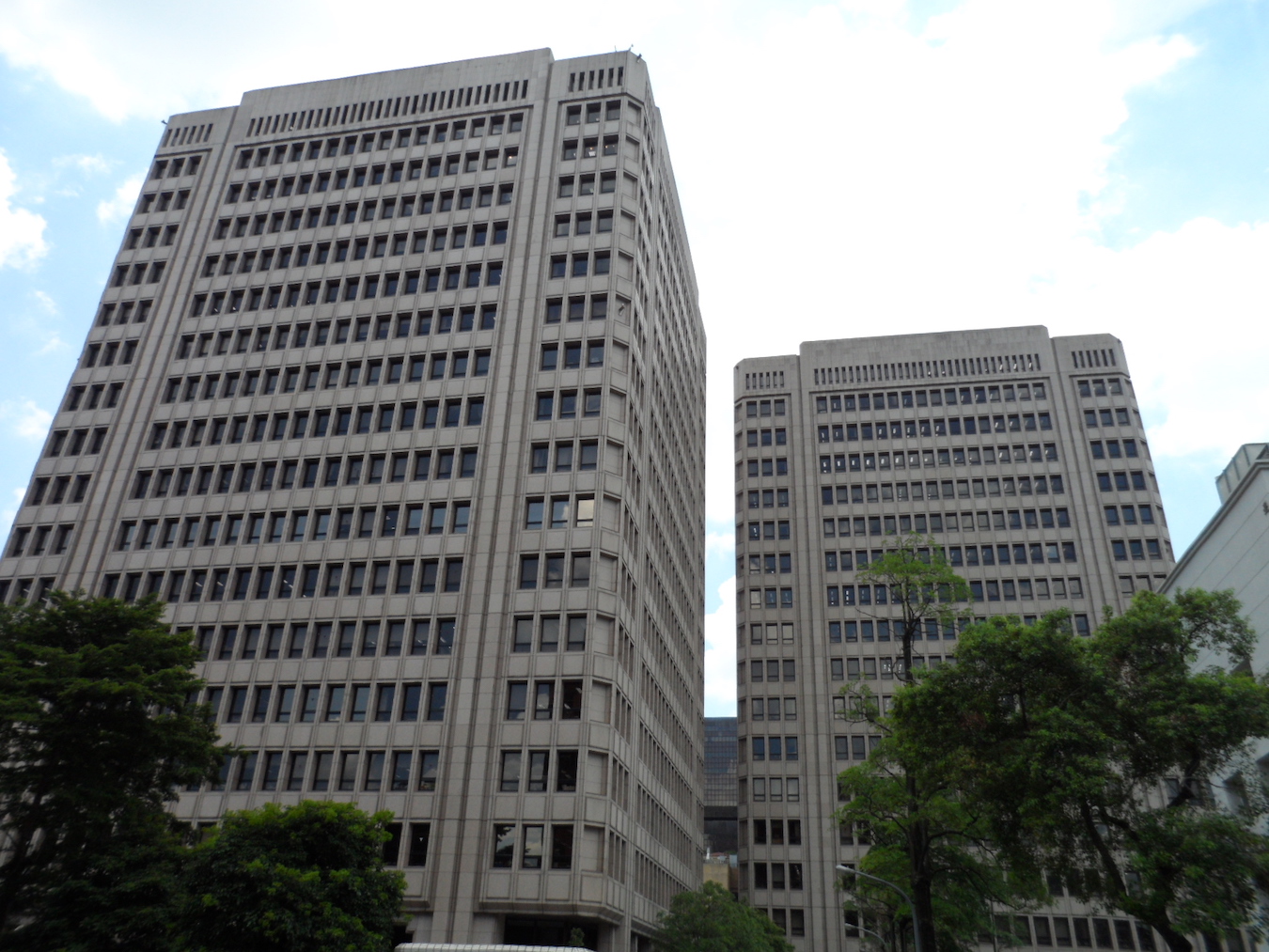by Brian Hioe
語言:
English
Photo Credit: 勤岸/WikiCommons/CC BY-SA 3.0
THE CENTRAL ELECTION COMMISSION (CEC) stated in April that a referendum proposal by the Taiwan Lily Justice Association (TLJA) was unlikely to qualify to be put to the vote this year, as part of the national referendum process. The referendum proposal would be to expedite the time that executions take place, in requiring that executions take place within six months of sentencing.
Laws governing referendums specify that referendums must be held within six months of their approval. For its part, the CEC has sought to stress that it is not seeking to block the progress of the referendum proposal, but simply that it was too late for the referendum to occur this year. The CEC statement took place in context of a hearing about the legal wording of the referendum. The CEC is likely seeking to tread delicate ground, in avoiding the perception that it is on the side of
The TLJA is a relatively fringe organization, as a result of which it is unlikely to garner enough support for its referendum proposal just on its own. The referendum proposal would only stand more chances of meeting the necessary benchmarks for petition signatories if larger organizations or a major political party backed it.
The TLJA has ties to members of the Presbyterian Church, which slants pan-Green in Taiwan, but also is highly critical of the Tsai administration. In particular, the TLJA asserts that the Tsai administration bungled Taiwan’s COVID-19 response with regard to vaccine purchases, while also criticizing it on an array of issues including defense. There is no consistent message to this, however, the TLJA website also randomly features images of birds all over the place.
 Photo credit: Chongkian/WikiCommons/CC
Photo credit: Chongkian/WikiCommons/CC
If the petition were to pick up steam somehow through the support of another political actor, it would not be the first time that a referendum proposal from a fringe political actor gained widespread attention. Pro-nuclear proposals backed by the KMT usually come from Huang Shih-hsiu of Nuclear Mythbusters, despite Huang’s history of strange arguments in favor of nuclear energy, when the KMT could easily find a more credible face for pro-nuclear advocacy. In the past, Huang has advocated odd proposals such as that the burden of nuclear waste be shared equally by every household in Taiwan, through each household being issued a plastic bottle of nuclear waste.
Nevertheless, the TLJA claims specifically that its interest in shortening the time for executions to take place is to ensure the safety of children in Taiwan.
Capital punishment still enjoys widespread support in Taiwan, with the view that it is a deterrent against violent crime. Whenever there is an incident of violent crime, the KMT usually claims that this is because of the Tsai administration’s declining to use capital punishment.
Indeed, the Tsai administration has also been accused of carrying out politically motivated executions in the past, aimed at shoring up public support before elections. The Tsai administration sought to execute individuals who carried crimes similar to those publicly discussed, so as to seem as though it were tough on crime. The Ma administration, too, was accused of using executions to distract from scandals, and to likewise serve as a means of boosting flagging approval ratings.
Nevertheless, many of those that are on death row in Taiwan have convictions dating from the authoritarian era. Such convictions are often based on flimsy evidence, in which key evidence has gone missing, on in which confessions were extracted by torture. One case in point is that of Chiou Ho-shun, whose case is the longest criminal case in ROC history. It is unclear if the referendum proposal would call for speeding up such executions, for individuals who have lived for decades not knowing if they could be slated for death that day.
Likewise, Taiwanese society often aspires toward punitive remedies for social issues, rather than rehabilitative approaches. This includes anything from that of violent crime to enforcing traffic. By contrast, there is a lack of discussing educational or rehabilitative measures, which aim for changing basic social attitudes, or reforming individuals. Instead, what one sees is calls for strengthened punishment as though this were the remedy to any and all social ills.
Even if the TLJA’s proposal comes from a fringe group, it points to broader social attitudes in Taiwanese society. Regardless of whether there is a referendum on the proposal or not, such ideas will inevitably come up again in Taiwanese society. This points to the need for a broader discussion of rehabilitative approaches, rather than punitive ones, then, in Taiwanese society.

